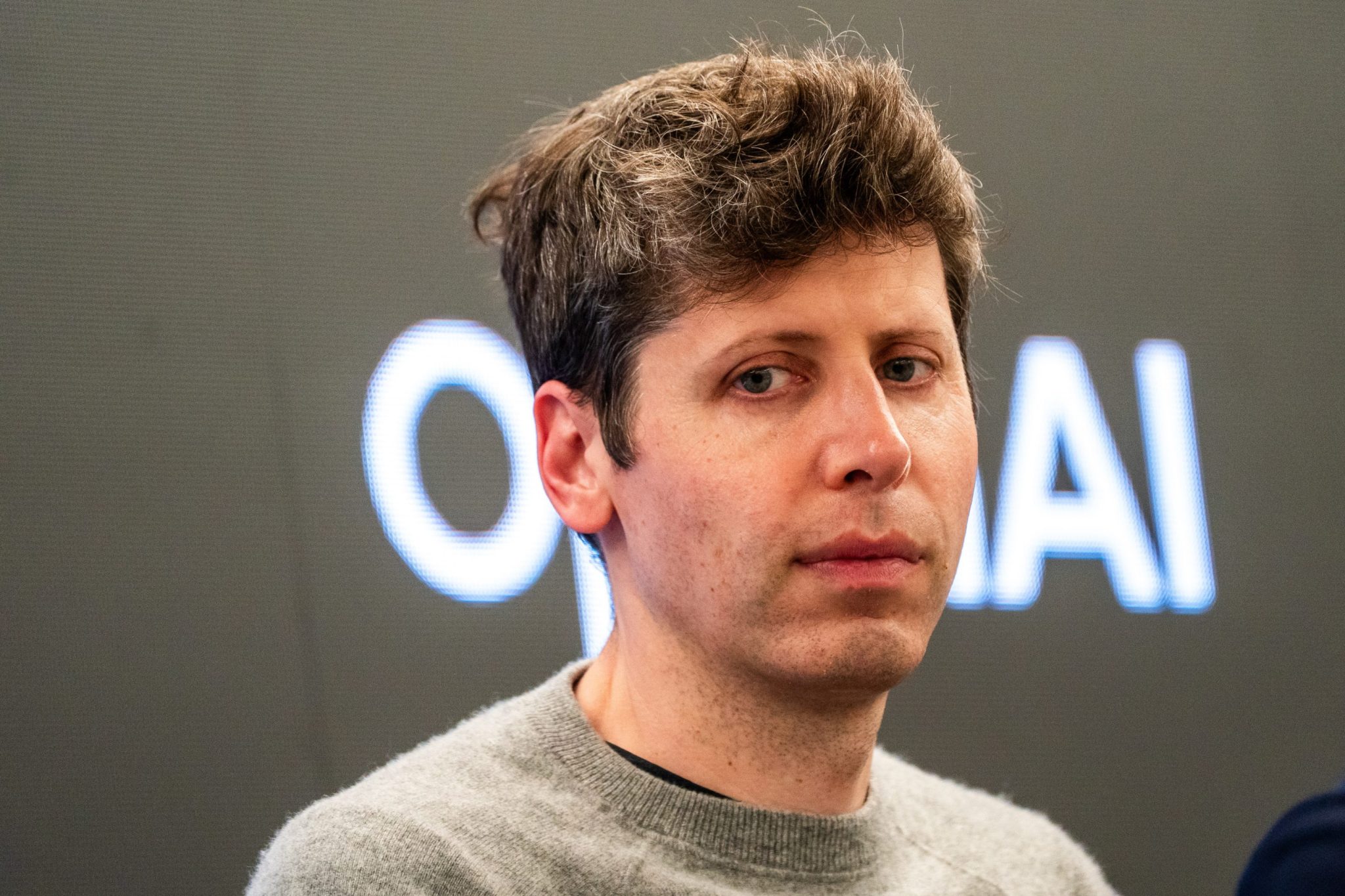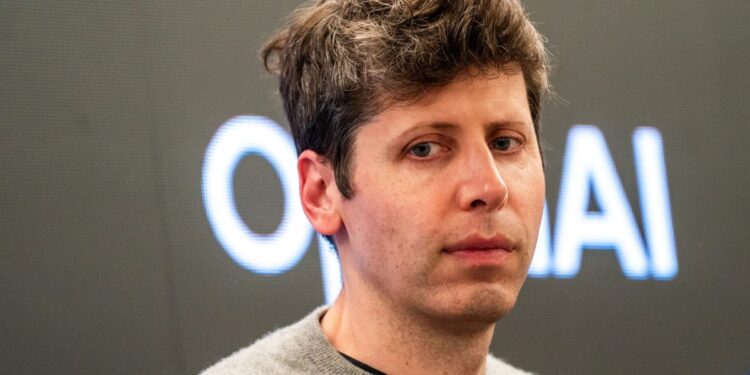
Sam Altman has made his boldest prediction yet about when AI will surpass human intelligence.
Altman, always the AI optimist, has previously touted AI’s potential to someday outthink humans, but the technology’s past three years of progress since OpenAI kicked off the AI arms race with ChatGPT’s release has shown him this moment could come sooner rather than later.
“I would certainly say that by the end of this decade, by 2030, if we don’t have extraordinarily capable models that do things that we ourselves cannot do, I’d be very surprised,” he said in an interview with German newspaper die Welt.
The company’s newest AI model is already smarter than him, Altman added, and the future looks even more optimistic.
While AI may still not be able to do some things humans can do easily, models developed as soon as 2026 could be “quite surprising,” and progress rapidly, Altman said.
“I can easily imagine a world where 30% to 40% of the tasks that happen in the economy today get done by AI in the not very distant future,” he said.
Altman’s prediction is slightly less optimistic than that of other AI researchers and CEOs who have said the tech will make significant progress in just a couple of years. Former OpenAI employee and Anthropic CEO Dario Amodei stands out for his belief that AI will beat out humans “in almost everything” by 2027. Elon Musk, the founder of xAI known for his rosy predictions, believes AI will surpass the intelligence of the smartest human by next year.
Yet, Altman noted that humans, despite the capacity of high-powered technology, will always care about what other humans are doing.
“I think these qualities will be increasingly important in the world of AI,” he said. “We’ll have an incredible tool at our disposal, but we still have to figure out what to do, what other people want, and what other people will find useful.”
Pushing the limits
To be sure, as the fifth most popular website in the world, according to Altman, ChatGPT is already limited by the large amounts of energy and massive data centers it needs to operate. Altman previously said the company has built models more advanced than GPT-5, but can’t release them publicly because it doesn’t have the appropriate infrastructure.
Still, Altman is optimistic. In Abilene, Texas, OpenAI, Oracle, and Softbank are rapidly building out an 800-acre data center complex that will serve as the flagship site for the Trump-approved “Stargate” infrastructure project. OpenAI and Oracle also said they are working together to build five new data center complexes across the U.S. over the next few years, Fortune’s Sharon Goldman reported.
“This site is just a small fraction of what we’re building. All of that still won’t be enough to serve even the demand of ChatGPT,” he said during an event at the Texas site this week.
All of this infrastructure will help AI meet the ambitious mission of redefining the world, but Altman thinks the technology is well on its way.
“In another couple of years, it will become very plausible for AI to make, for example, scientific discoveries that humans cannot make on their own,” he told die Welt. “To me, that’ll start to feel like something we could properly call superintelligence.”













